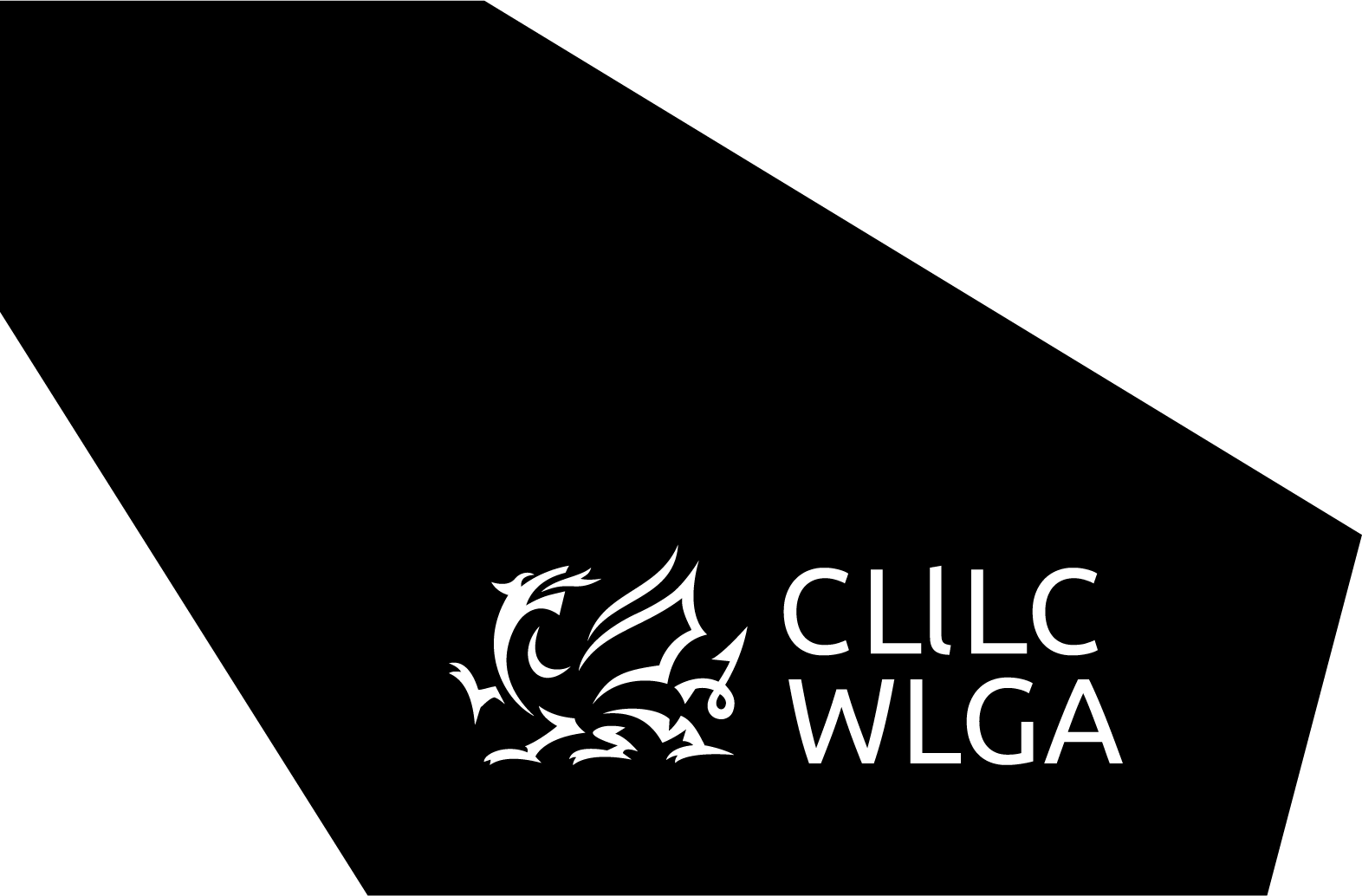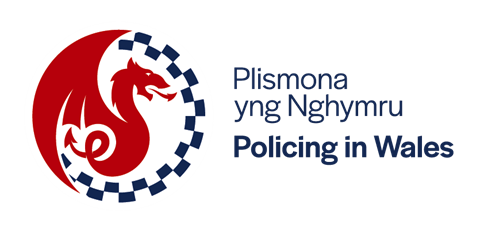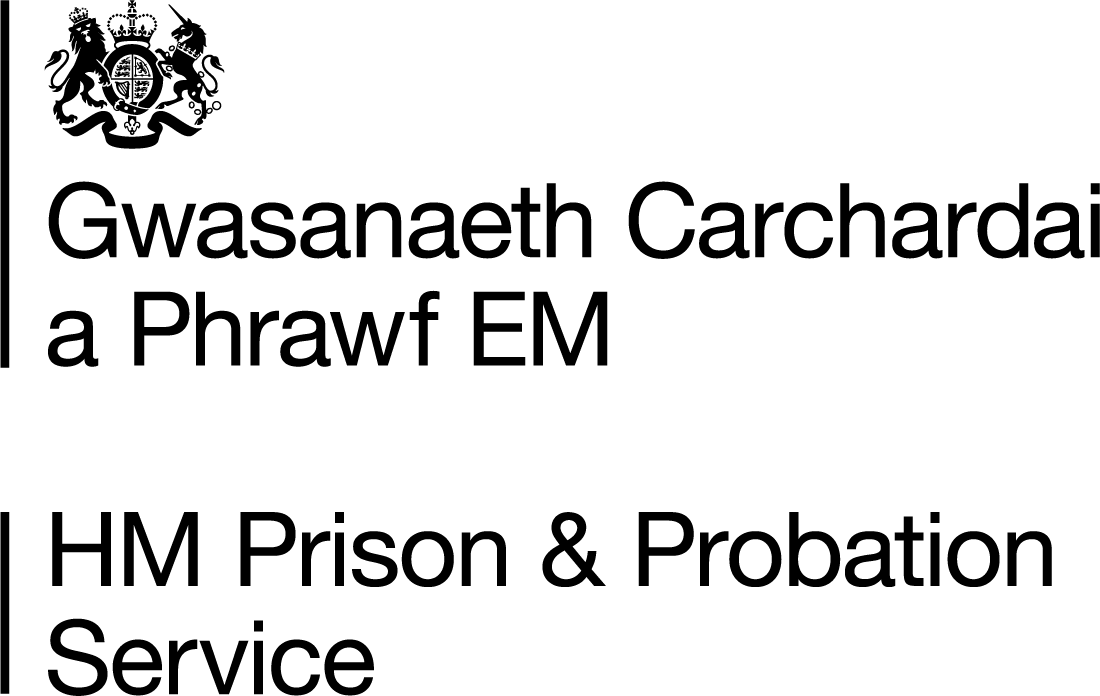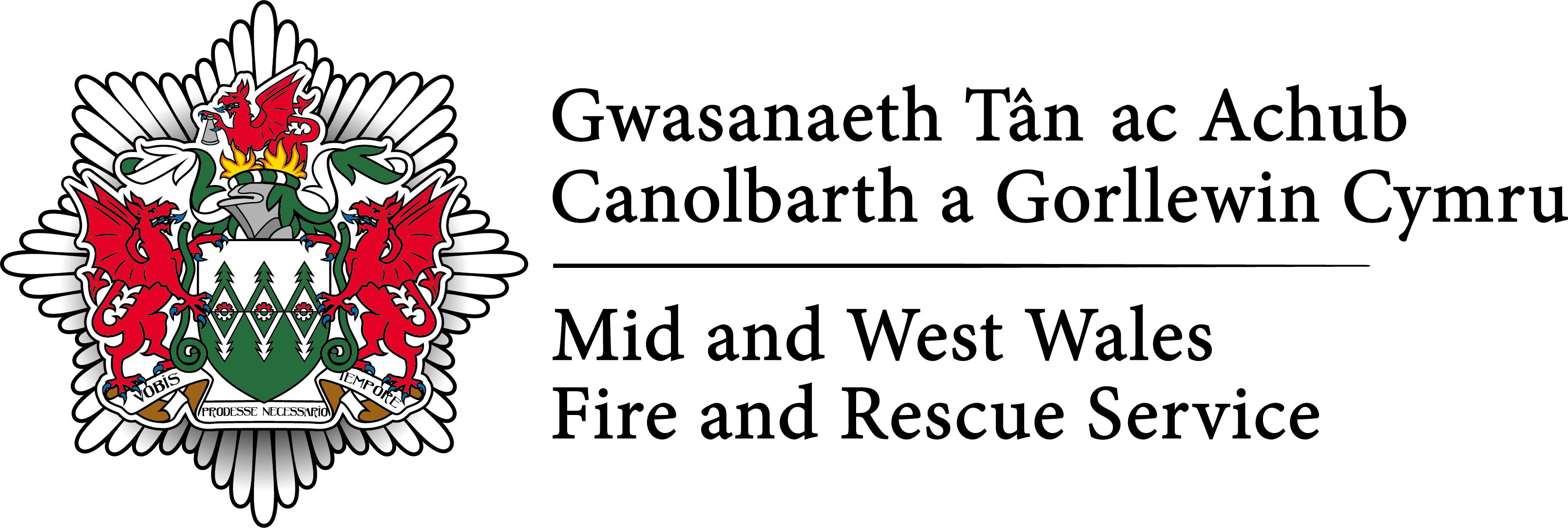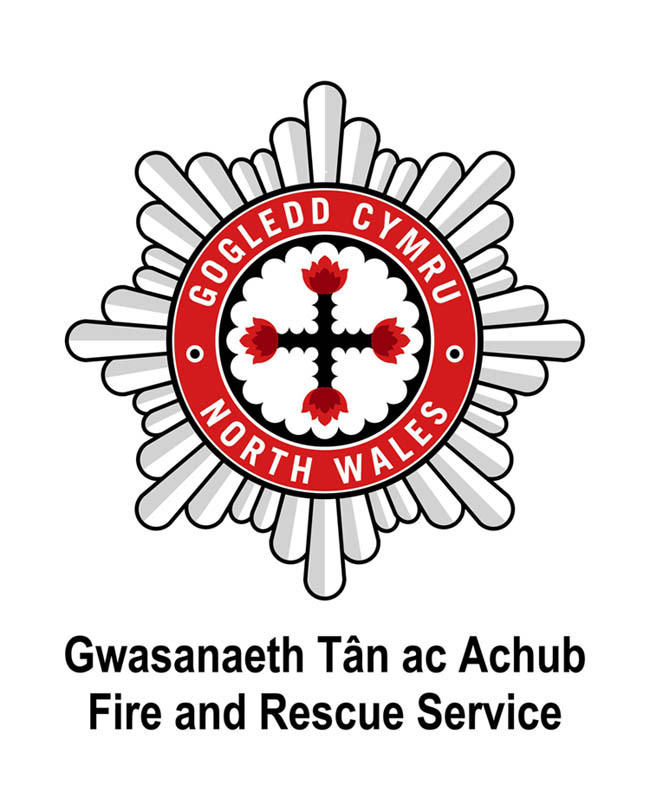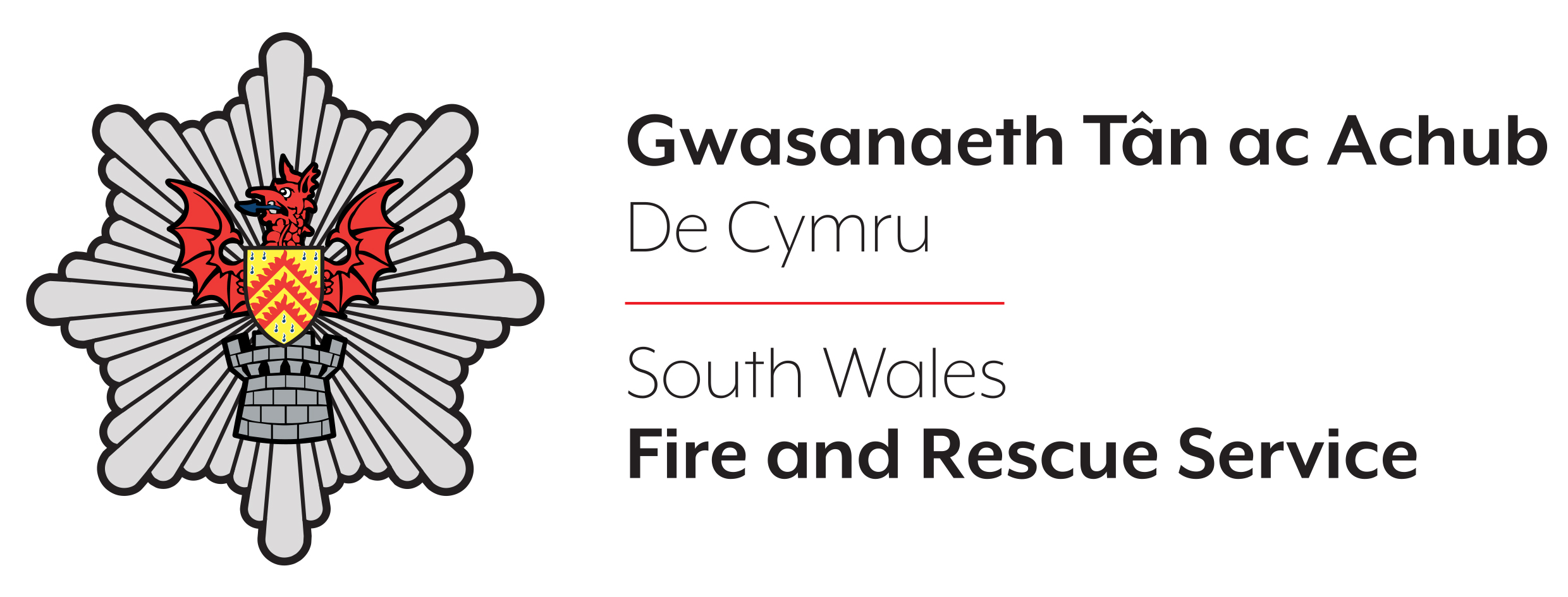Sexual Offences Act 2003 makes it a criminal offence if a person (A):
“(a)he intentionally penetrates the vagina, anus or mouth of another person (B) with his penis,
“(b)B does not consent to the penetration, and
“(c)A does not reasonably believe that B consents.”
“Whether a belief is reasonable is to be determined having regard to all the circumstances, including any steps A has taken to ascertain whether B consents.”
The legislation is clear, “A person guilty of an offence under this section is liable, on conviction on indictment, to imprisonment for life.”
Violence against Women, Domestic Abuse and Sexual Violence (Wales) Act 2015: This Act differs from the approach taken in the definition of “associated persons” in section 58(2)(h) of the Housing (Wales) Act 2014 and section 62(3)(a) of the Family Law Act 1996 (as inserted by section 4 of the Domestic Violence, Crime and Victims Act 2004). In those Acts, the intimate personal relationship must be of a “significant duration”. This is not the case under this Act. Section 24(2)(h) captures intimate personal relationships of any duration, to reflect that abuse may be present at the very early stages of an intimate personal relationship. An intimate personal relationship may exist whether the persons are the same or the opposite sex.
Social Services and Wellbeing (Wales) Act 2014: provides a legal framework for improving the well-being of people who need care and support. This will include those experiencing VAWDASV. It also includes safeguarding legislation.
Wellbeing of Future Generations (Wales) Act 2015 outlines the collective role of the Public Service Boards (PSB). Statutory duties that can be discharged via a Wellbeing Plan, which can cover VAWDASV. A VAWDASV Strategy can meet the Statutory Duty and feed into the development of the local Wellbeing Plan.





